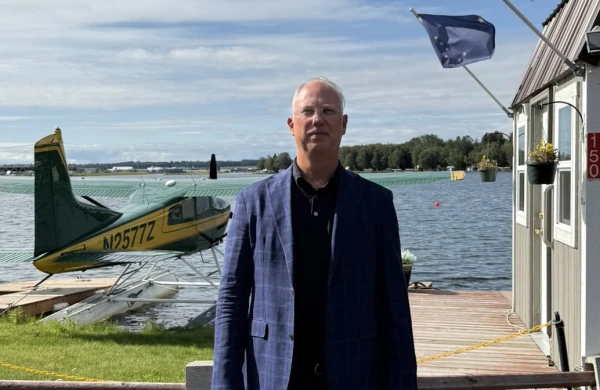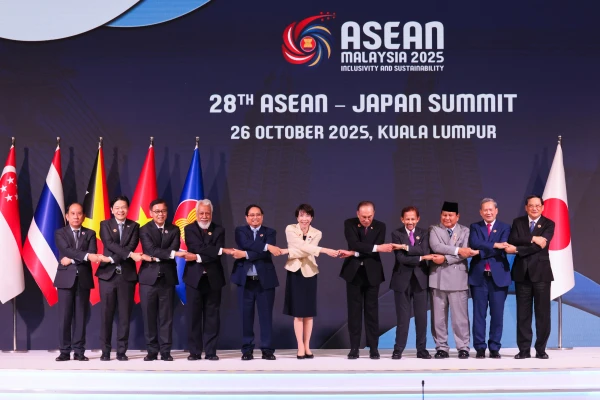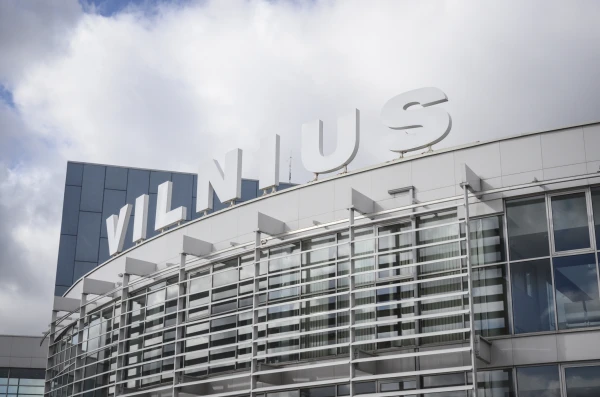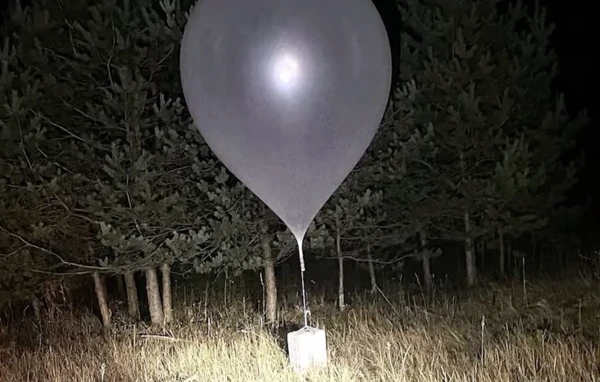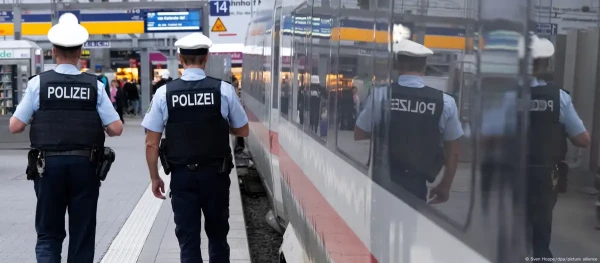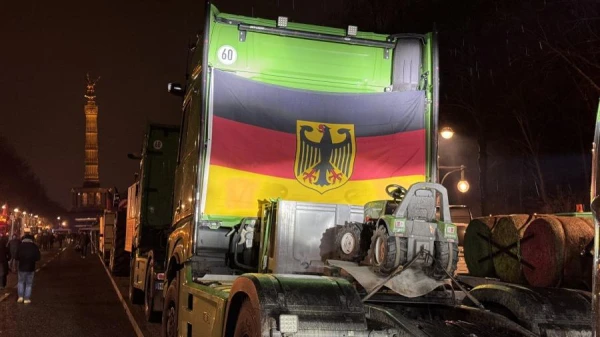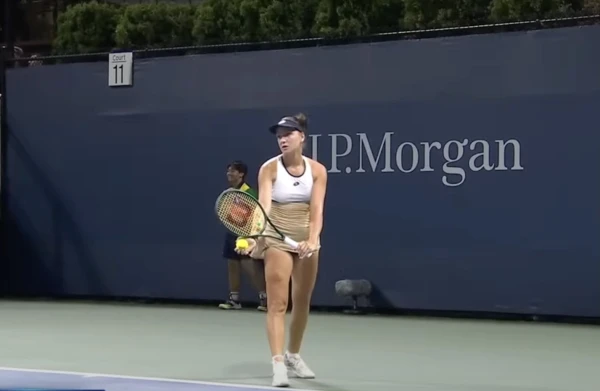
The director of the FSB of Russia, Bortnikov, linked the known cases of UAV sightings in EU airspace to "attempts to create a fictitious threat from Russia to Europe," primarily blaming NATO and Britain for this, according to "Deutsche Welle."
The involvement of NATO intelligence services in the recent incidents of drone sightings in the airspace of several European countries "is beyond doubt," said Alexander Bortnikov, the director of the FSB of Russia, during a speech at a meeting of the Council of Heads of Security Agencies and Special Services of the CIS on Thursday, October 16, as reported by the Interfax news agency.
According to Bortnikov, the "sudden incidents involving supposedly Russian drones over EU territory" fit into the concept of a "threat from the East" articulated by the West, especially "after linking the drone provocations to the so-called shadow fleet of Russia."
Earlier, Russian President Vladimir Putin rejected accusations of involvement in the launches of Russian drones. According to him, there are no targets for Russian drones in European cities.
Incidents with Unidentified Drones in Europe Have Increased
In recent weeks, drones have been spotted over airports and critical infrastructure in several European countries. They have been seen over the largest German airports in Frankfurt and Munich, over the city of Kiel in northern Germany, over the Karlskrona archipelago, which houses Sweden's largest naval base, and over military sites in Oslo. Three German citizens were detained for illegal drone use near the Rosvoll airport in Mu-i-Ran (Norway), according to the Norwegian newspaper Helgelendingen.
Additionally, due to the presence of drones, air traffic had to be suspended at Copenhagen airports and in the city of Aalborg in northern Denmark. Against the backdrop of these episodes and other similar cases, the country's intelligence services stated that Russia is waging a hybrid war against the West. This sentiment was echoed by German Chancellor Friedrich Merz, who announced an action plan to counter the threats of Russia's hybrid war against Europe during a plenary session of the Bundestag on October 16.

